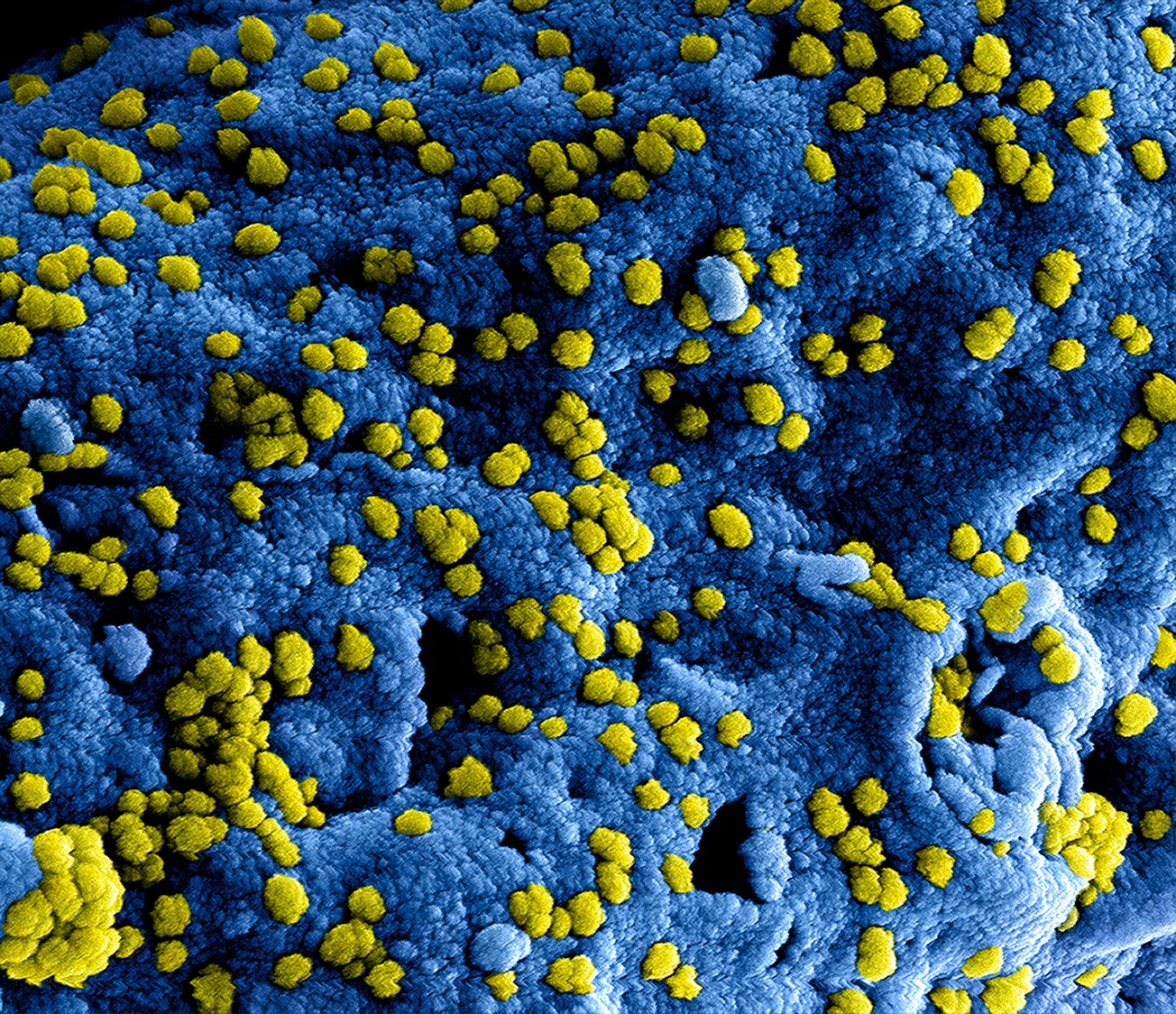What is it about?
Knowledge about placental malaria is insufficient in the world. With 602 placentas in Colombia, we report prevalence of 27.7% and this malaria was associted with hihger risk of congenital malaria, low neonatal weight, gestational malaria and maternal anemia. It is urgent to demand that the health authorities adopt measures such as prenatal control visits as soon as the pregnancy begins, monthly implementation of TBS, and active search for infected pregnant women in their homes and workplaces.
Featured Image

Photo by CDC on Unsplash
Why is it important?
We demonstrate the high occurrence of placental malaria in Colombia and the risks it generates for the health of pregnant women and newborns. In addition, we show the importance of implementing a molecular diagnosis for this event.
Perspectives
This manuscript shows that the placenta can be useful as a natural barrier against some events, but not in the case of malaria. It is urgent to prevent that the parasite affect the placenta (and with it to the baby) through the diagnosis and timely treatment of the gestational malaria.
Jaiberth Antonio Cardona-Arias
University of Antioquia
Read the Original
This page is a summary of: Frequency of placental malaria and its associated factors in northwestern Colombia, pooled analysis 2009–2020, PLoS ONE, May 2022, PLOS,
DOI: 10.1371/journal.pone.0268949.
You can read the full text:
Contributors
The following have contributed to this page










